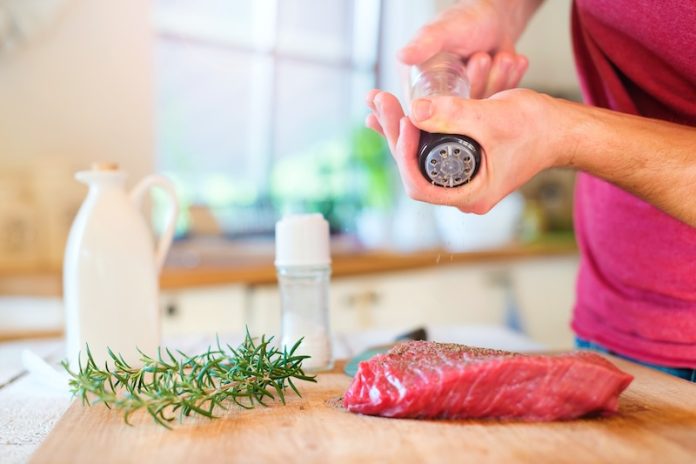
Scientists from Binghamton University and Cornell University have shed light on a little-known aspect of our food: metal oxide nanoparticles, tiny particles added as food additives.
Their study provides insights into how these particles could impact our gut health.
Understanding Metal Oxide Nanoparticles
These nanoparticles are incredibly small, invisible to the naked eye. They serve various purposes in food production:
- Titanium dioxide makes food whiter and brighter.
- Silicon dioxide prevents clumping.
- Iron oxide maintains the red color in meats.
- Zinc oxide acts as a preservative by killing harmful microbes.
The Research Method
The researchers chose chickens for their study due to the similarity between chicken and human intestinal tracts.
They injected five different nanoparticles into chicken eggs and examined the impact on the chickens after they hatched. Their focus was on gene expression, the types of bacteria in the gut, and the structure of the small intestine.
Key Findings
The results were quite revealing:
- Silicon dioxide and titanium dioxide nanoparticles had adverse effects, disrupting normal intestinal function, altering bacterial balance, and impacting mineral absorption.
- Zinc oxide nanoparticles seemed beneficial, supporting intestinal development.
- Iron oxide could be useful for adding iron to food but might also alter intestinal function and affect overall health.
Implications for Our Diet
While these findings don’t suggest we should completely avoid foods with nanoparticles, they underscore the importance of being aware of our food’s content. Professor Mahler stresses the significance of understanding the subtle effects these nanoparticles could have on our gut health.
A Call for Awareness
This research invites us to be more mindful of what we consume, considering the potential hidden ingredients in our food. It’s part of a broader effort to explore the impacts of food additives on health.
In the context of health and wellbeing, other studies worth noting include those linking antimicrobial agents in toothpaste to inflammation and cancer in the gut, and the potential benefits of vitamin B in reducing inflammation.
Additionally, research on how COVID-19 can affect gut health and the anti-inflammatory properties of tart cherry is also informative.
Published in Antioxidants, this study adds a crucial dimension to our understanding of food additives and their potential impact on our health, reminding us that there’s often more to our food than meets the eye.
Follow us on Twitter for more articles about this topic.
Copyright © 2023 Scientific Diet. All rights reserved.





